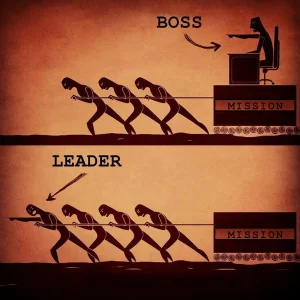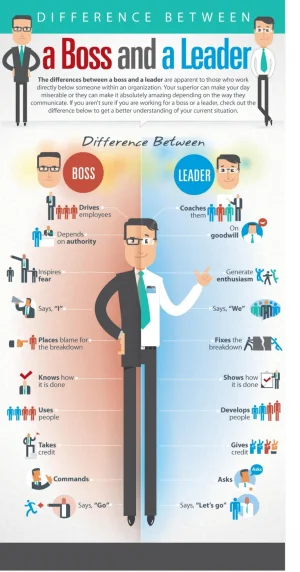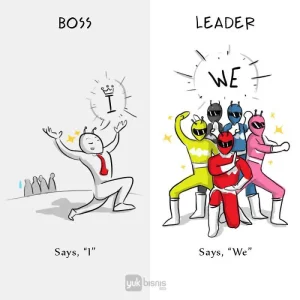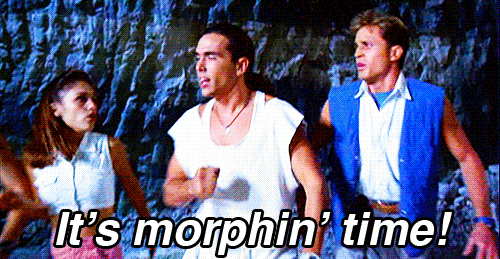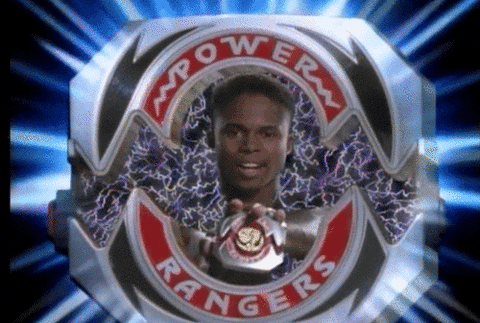Nah, I think it's on point. Part of Charisma is creating social ease.
Wanted to reply on Hos' post with
View attachment 68341 View attachment 68342 View attachment 68343
I think there's something to this.
Again looking back at my case, I was literally the most junior teacher in the school at first, coming up against 'leaders' who were very obviously just in it for themselves.
In fact, by way of example, I fought tooth and nail for a copy of the school budget and projections (especially payroll) using the FOI mechanism, and had all kinds of stalling done to try to stop me.
I had my line manager come to me to say that pursuing FOI requests against the school was 'unprofessional' and that I had to stop doing it, and I had to argue that this is a right that everyone has and it is highly inappropriate for her or anyone else to attempt to limit that. She ought to have been ashamed of even attempting, I felt, and had obviously been motivated to do it by her own leadership.
She was a 'keep the peace' coward in hoc to a vile cunt who himself had
made her cry on multiple occasions.
So I kept pressing, and of course what I received back was the truth that the leadership team were using the monies saved on redundancies in order to pump their own salaries. In the case of the head, he had given himself a £20k rise, while the school was under immense workload and simply needed more teachers. They were attempting to sack people on 'competency' measures in order to pay themselves more, and subjecting these poor bastards (who were typically older, very experienced and competent teachers in a higher pay bracket) to reviews and lesson observations all conducted under their control.
I had to fight tooth and nail to have these competency proceedings carried out by external observers (I was also the union guy in the school, after the main rep had gone off sick with stress) and... surprise surprise the teachers were found to be perfectly competent.
I think people are able to sense predators, and yet they are often so terrified that they'll continue to follow their lead. When someone comes along who refuses this bs, however, they are given a glimmer of hope. In the case of my line manager, she sort of 'gave me the space' to do what I was doing without too much hassle because she
wanted me to win. Whenever she'd been ordered to come down and discipline me after that, we'd have a short chat (fulfilling her duties/orders) and then she's let me be.
All it takes is a little light shone on the corruption before hope begins to grow in people.
Remembering all of this does make me feel very good.
It was all worth it, though I was under immense pressure at the time.

